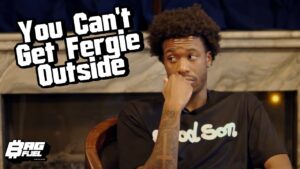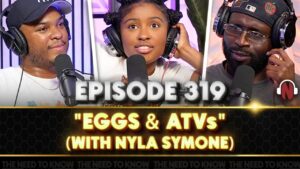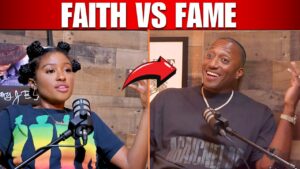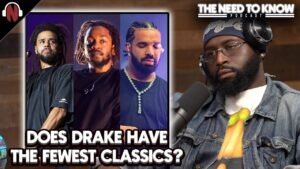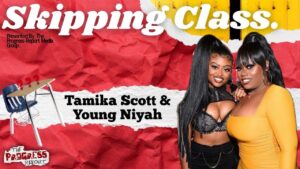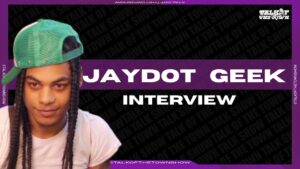On a new episode of BagFuel, SMACK and Beasley of the Ultimate Rap League (URL) sit down with hosts Es$O and Hynaken to talk strategy, setbacks, and how they helped shape battle rap into a scalable, monetized industry.
From early DVD drops to celebrity-backed events, the conversation tracks the behind-the-scenes efforts that built URL from a street movement into a professional platform now hosting events in Grammy-recognized venues and partnering with major figures like Drake and 50 Cent.
SMACK, widely credited with pioneering modern battle rap formats, explains how Smack DVD Volume 3 introduced the now-standard a cappella, round-for-round battle style back in 2003. As YouTube began disrupting traditional media, SMACK was among the first in the rap space to recognize its potential—not just for visibility, but as a long-term distribution and business tool.
While competitors like WorldStar Hip Hop succeeded by curating content from others, SMACK remained focused on original material, building a niche brand identity that would later evolve into URL.
Alongside Beasley, SMACK turned URL into a viable ecosystem for battle rap talent. Through systems like “Proven Grounds,” they created a developmental tier for new emcees—essentially, a farm system for battle rap. The result: a clearer path from obscurity to opportunity.
They discuss Summer Madness 2 at Webster Hall as a major turning point. The event tied venue records alongside names like The Rolling Stones and The Killers, proving battle rap could draw large, ticket-buying crowds.
URL’s rise was supported by key relationships with artists like Drake, 50 Cent, and French Montana. Drake’s involvement went beyond co-signs—he helped provide free global streaming access to certain events and brought visibility to the format on an international level.
SMACK and 50 Cent are reportedly still in ongoing business conversations, while a collaboration with French Montana is confirmed to drop June 28 under the name “Coke Smack TV,” with its own dedicated YouTube channel. SMACK also teased potential crossover content echoing French’s Cocaine City brand.
Despite their success, the hosts stress that battle rap is not a guaranteed money-maker. SMACK shared stories of financial losses—including an incident where Webster Hall canceled last minute after taking their deposit, forcing a complete scramble to relocate.
Working with corporate venue partners like Live Nation, they say, requires constant vetting, negotiation, and industry navigation that most fans never see. And while battle events may look seamless on stage, offstage politics with artists, venue owners, and sponsors are common.
Due to a decline in ad revenue and advertiser restrictions around “urban content,” URL developed its own subscription platform: the URLTV app. This pivot was driven by the fact that advertisers like Mercedes, BMW, and Coca-Cola have largely moved away from street-related content, leaving platforms like URL to build their own monetization models.
Beasley emphasizes that consistency and long-term thinking—not viral moments—have sustained the brand.
Throughout the conversation, SMACK and Beasley remain focused on the bigger picture—pushing for battle rap’s continued evolution while maintaining its core energy. “This is not just culture,” one of them said, “this is business now.”

